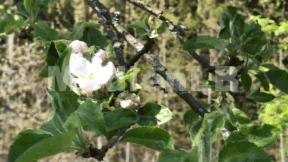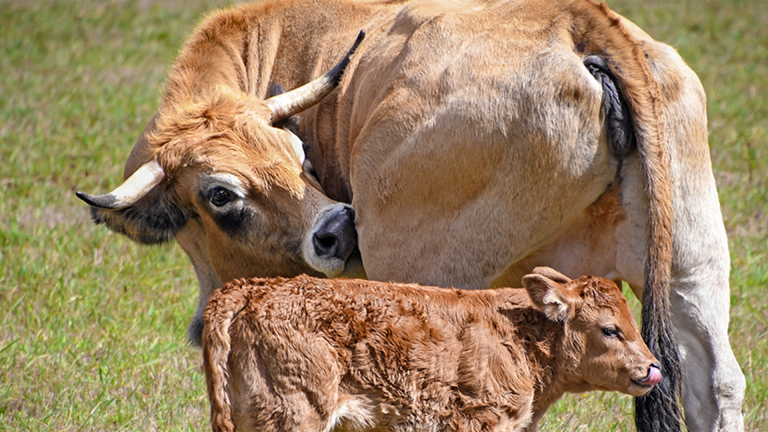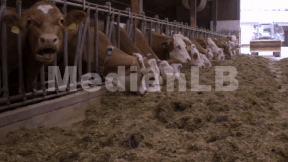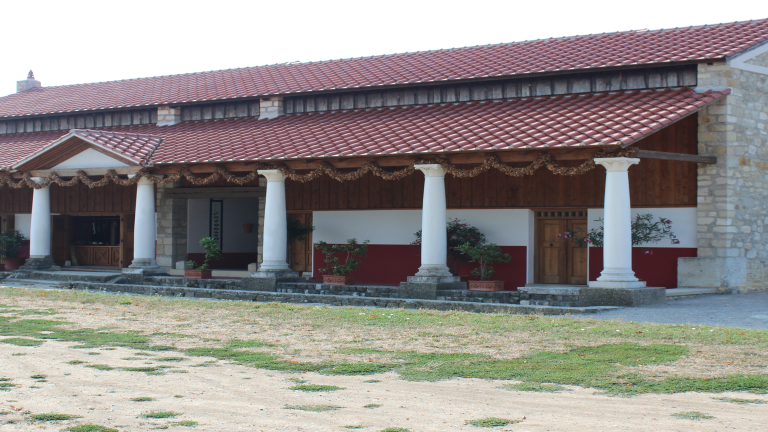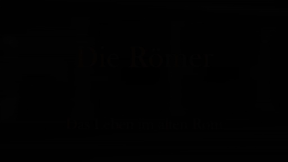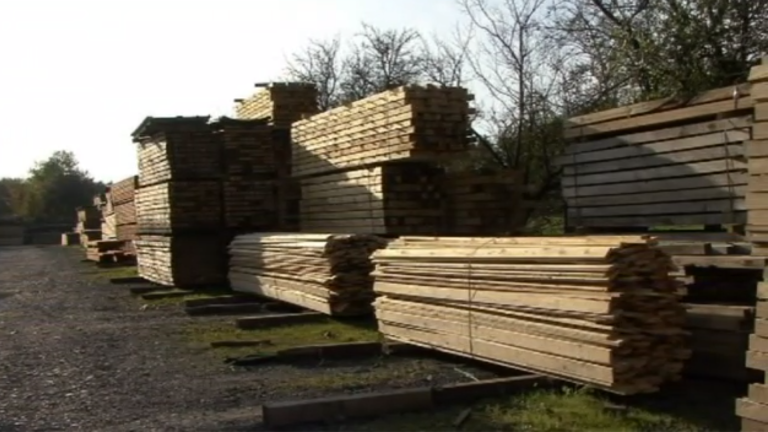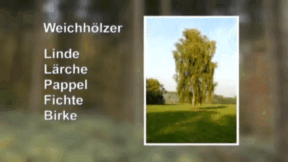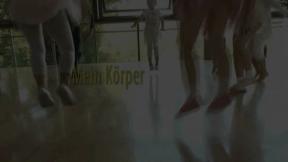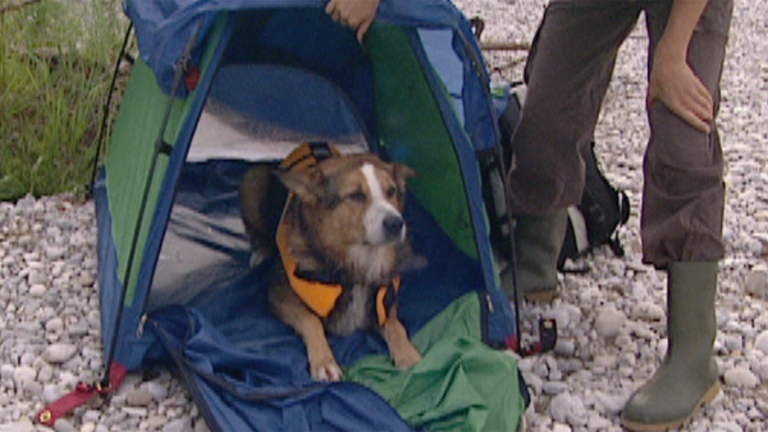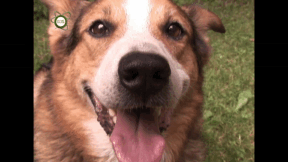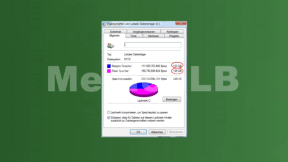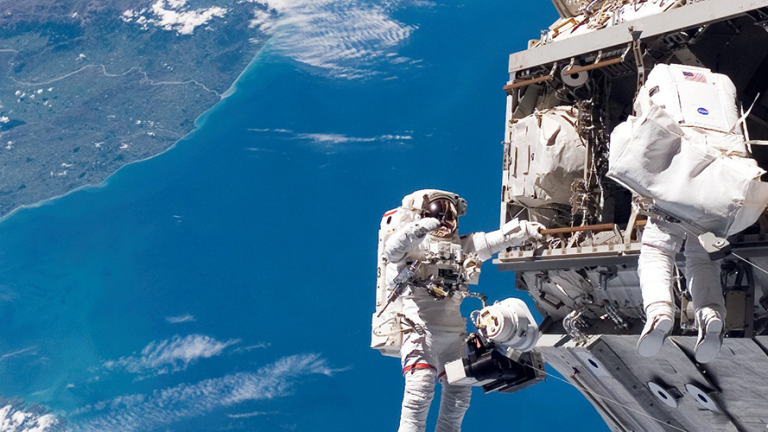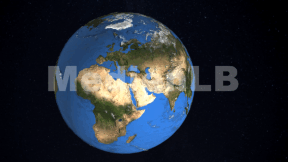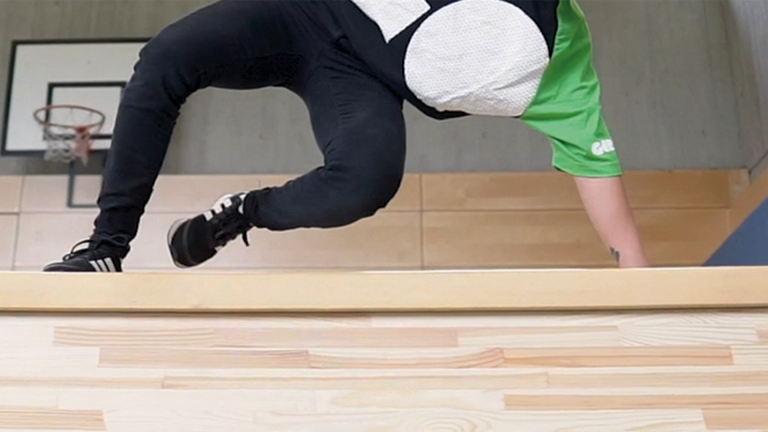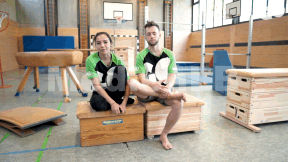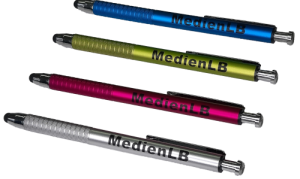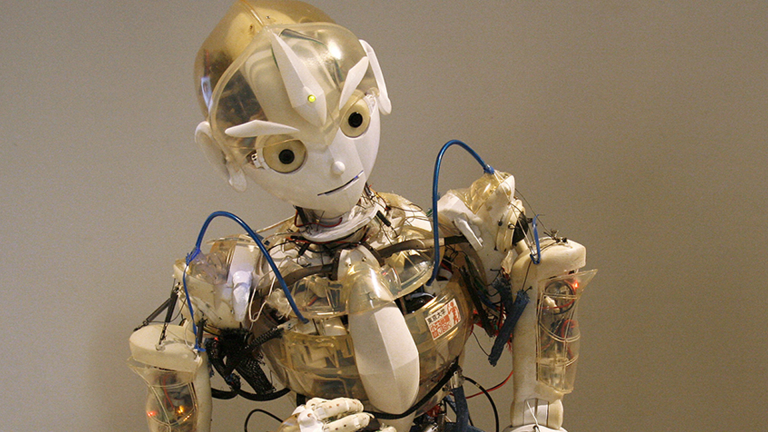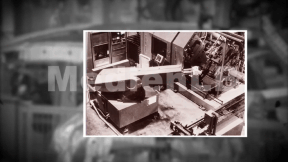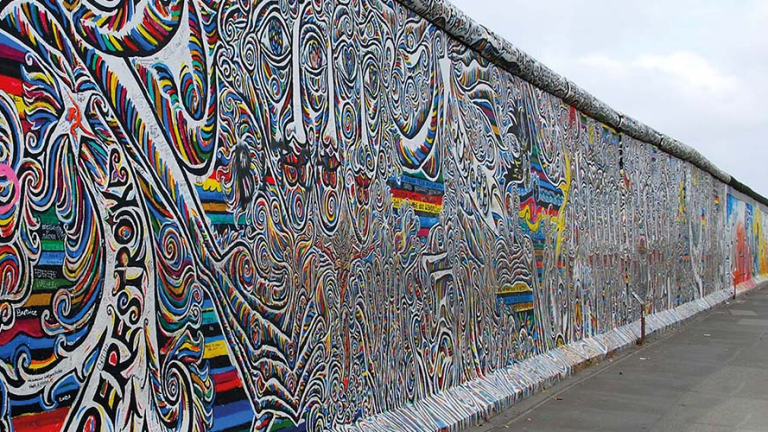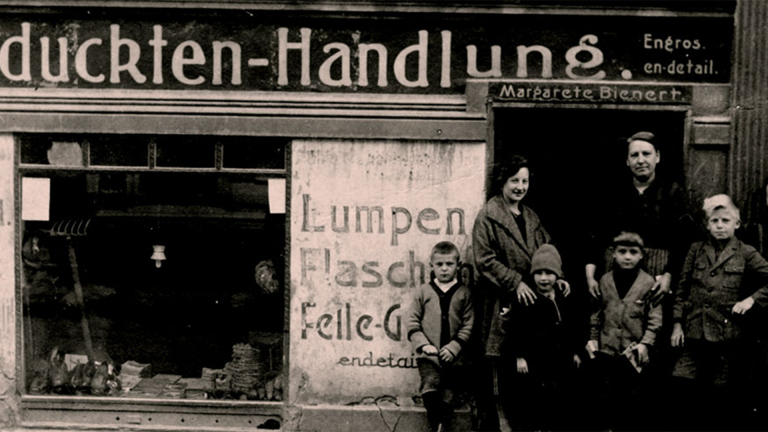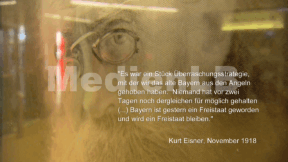Suche:
- # Artistry
- # Biology
- # Chemistry
- # Ecological
- # Economy
- # English
- # Foreign Language
- # Geography
- # German
- # Health
- # History
- # Informatik
- # Latin
- # Mathematics
- # Media Education
- # Music
- # Physics
- # Politics / Civics
- # Preschool
- # Primary School
- # Religion
- # Society
- # Sports
- # Technology
- # Training of Teachers
- # Vocational Education
Apfel
Er ist das am häufigsten angebaute und verzehrte Obst. Die Engländer sagen ihm nach, dass er den Ärzten ihre Kundschaft vergrault. Isaac Newton soll von ihm auf die Gesetze der Gravitation gestoßen worden sein.
Learn moreCattle
Cattle have been of vital importance for humanity due to both their spread all over the world and presence throughout almost all of human history.
Learn moreRomans
Augsburg, Cologne, Trier – perhaps you have already heard about these cities. But did you also know that all these cities were built by the Romans?
Learn moreWood/Paper/Recycling
The DVD “Wood/Paper/Recycling” provides information on the treatment and processing of wood. The production of paper, an everyday item in our lives, as well as the recycling process are explained to the primary school pupils in a simplified way. The film is also excellently suited for environmental education. The following topics in the subject area of wood, paper and recycling are covered in this DVD: • Wood – a Natural Resource (appearance, properties; types of wood) • At the Sawmill (treatment and processing methods with state-of-the-art machinery) • Paper (everyday use, papermaking, types of paper, properties) • Recycling (waste paper as an important material for the recycling of used paper, recycling technique) • Environmental Protection (conservation of trees, recycling of waste paper)
Learn moreMy Body
All human beings in the whole world have the same physique. However, we differ from each other in sex, height and weight as well as in skin and hair colour. The way we move, too, is different with each individual person. This film shows the uniqueness of humans and the distinctiveness of each body. Touch is a basic need of humans – there are good and bad kinds of touch. We learn to say “No!” in the case of unpleasant touches to protect our bodies. Zur Lesekompetenzförderung kann, über das Menü ihres DVD Players oder der Abspielsoftware, der deutsche Untertitel eingeschaltet werden.
Learn moreHaushund
Fast fünf Millionen Hunde leben in Deutschland und deren Besitzer kümmern sich meist liebevoll um die Vierbeiner. Dennoch gibt es immer wieder „Problemhunde“. „Schau Dich schlau“ zeigt, wie Sie schon bei einem Welpen erkennen, wie sich das Tier als erwachsener Hund verhalten wird.
Learn moreZins- und Prozentrechnen
Prozentrechnen ist eine wesentliche Kompetenz im Alltag – sei es, dass Wahlergebnisse in Prozenten dargestellt werden, sei es, dass ein prozentualer Nachlass gewährt wird oder der Lohn um einen Prozentsatz erhöht wird.
Learn moreGravity
Gravity is the force that pulls something to the ground. It ensures that everything falls downwards. Like every force, it has a direction, namely towards the centre of the celestial body. The film vividly shows the development of the law of gravity from Isaac Newton through the further development by Albert Einstein, who described that gravity not only causes bodies to attract each other, but also causes space to curve around a body. Space and time are no longer absolute, fixed quantities, but changeable.
Learn moreParkour
Parkour ist eine recht junge Trendsportart, die Hindernisse in der alltäglichen Umgebung möglichst elegant überwindet.
Learn moreRobots
They carry out hard work without complaining, tirelessly and precise in their performance. They explore dangerous territory for us, help us with household chores or are just playmates. Robots have long become valuable assistants in our work environment and in our everyday lives.
Learn moreGeschichte Deutschlands
Der Film gibt einen Überblick von der frühgeschichtlichen Besiedelung Deutschlands bis zur Vereidigung Angela Merkels als Bundeskanzlerin. Sehr wertvoll ist dieser Film für den Geschichtsunterricht aller Jahrgangsstufen, erlaubt er doch die Verortung des spezifischen Jahrgangsstoffes in einen gesamtgeschichtlichen Zusammenhang. Insbesondere die Kontinuitäten vom Ende des Römerreichs bis zum Heiligen Römischen Reich Deutscher Nation werden mit anschaulichen Grafiken und beeindruckenden Realbildern hervorragend verdeutlicht.
Learn moreVom Kaiserreich zur Republik
1918 war der Weltkrieg verloren – die Bevölkerung ließ sich nicht länger von der Militärführung in einen aussichtslosen Krieg treiben und es begannen in ganz Deutschland Aufstände der Novemberrevolution.
Learn more




